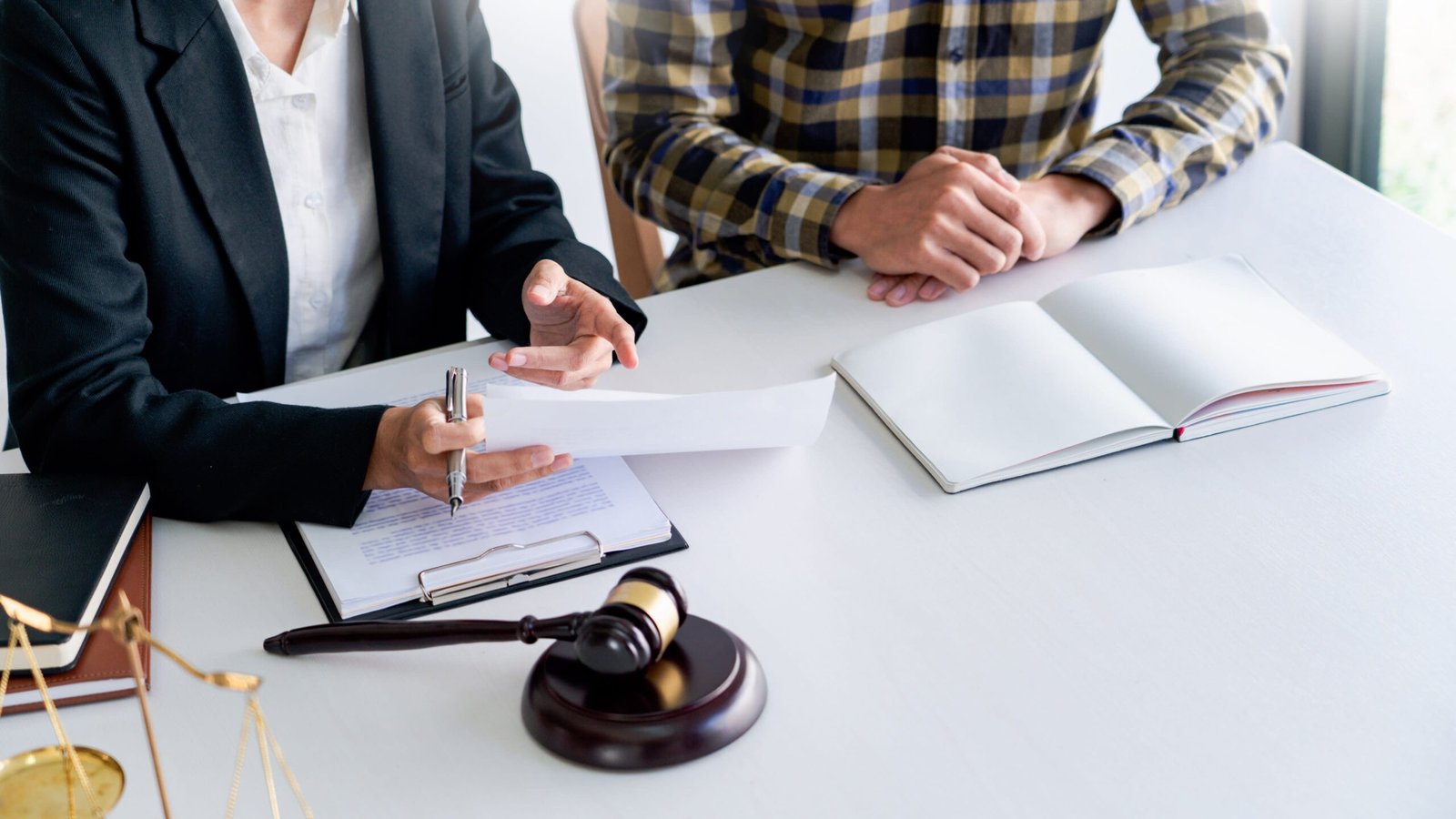Being charged with a crime can be a daunting experience, and how you handle the situation can significantly impact the outcome of your case. Avoiding certain mistakes can help protect your legal rights and improve your chances of a favorable resolution. Here are common mistakes to avoid after being charged with a crime:

Speaking to Law Enforcement Without an Attorney
One of the most critical mistakes you can make is speaking to law enforcement without legal representation. Anything you say can be used against you in court, and law enforcement officers are trained to extract information that could potentially incriminate you. Always consult with an attorney before answering any questions from law enforcement.
Failing to Seek Legal Counsel Early
Delaying the engagement of a criminal defense attorney can harm your case. An experienced attorney can provide essential guidance on how to handle the legal process, help build a defense strategy, and ensure your rights are protected from the outset. Early legal counsel is crucial for navigating the complexities of the criminal justice system.
Discussing the Case on Social Media
Discussing your case on social media can have unintended consequences. Posts about your case or related comments can be monitored and potentially used as evidence against you. It’s best to avoid discussing any details of your case online and advise friends and family to do the same.
Ignoring Court Dates and Legal Deadlines
Missing court dates or ignoring legal deadlines can result in severe penalties, including additional charges or a warrant for your arrest. Ensure you attend all scheduled court appearances and comply with any deadlines set by the court. Your attorney can help you keep track of important dates and requirements.
Not Gathering Evidence and Witnesses
Failing to gather evidence or identify potential witnesses can weaken your defense. Collect any evidence that supports your case, such as documents, photographs, or witness statements. Your attorney can help in organizing and presenting this evidence effectively.
Accepting a Plea Deal Without Legal Advice
Accepting a plea deal without fully understanding the consequences can be a significant mistake. A plea deal might seem like an easy way out, but it can lead to a conviction and a criminal record. Consult with your attorney to thoroughly review the plea deal and understand its impact on your future before making any decisions.
Representing Yourself in Court
While you have the right to represent yourself, it is generally not advisable, especially in criminal cases. The legal system is complex, and self-representation can lead to unfavorable outcomes. An experienced attorney has the knowledge and skills necessary to navigate the legal process and advocate effectively on your behalf.
Neglecting to Prepare for Your Defense
Failing to prepare for your defense can result in a weak case. Work closely with your attorney to develop a comprehensive defense strategy. This includes reviewing evidence, preparing testimony, and understanding the legal arguments that will be presented in court.
Violating Court Orders or Conditions of Release
If you are released on bail or under specific conditions, it is crucial to comply with all court orders. Violating these conditions can lead to additional charges or a revocation of your bail. Follow all terms set by the court to avoid worsening your situation.
Allowing Emotional Stress to Affect Decision-Making
Being charged with a crime can be emotionally overwhelming. However, allowing stress or emotions to drive your decisions can lead to mistakes. Take the time to carefully consider your options and seek support from professionals, such as therapists or counselors, to help manage stress and make rational decisions.
Not Understanding the Charges and Legal Process
Understanding the charges against you and the legal process is essential for making informed decisions. Educate yourself about the nature of the charges, potential penalties, and the steps involved in your case. Your attorney can help explain these aspects and guide you through the process.
Failing to Consider Long-Term Consequences
When making decisions about your case, consider the long-term consequences. A conviction can impact various aspects of your life, including employment opportunities, professional licenses, and personal relationships. Weigh the potential outcomes of different legal strategies and seek advice on minimizing long-term effects.










